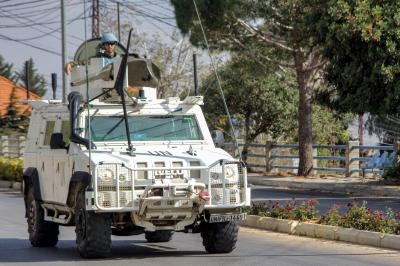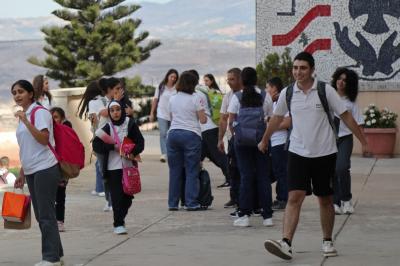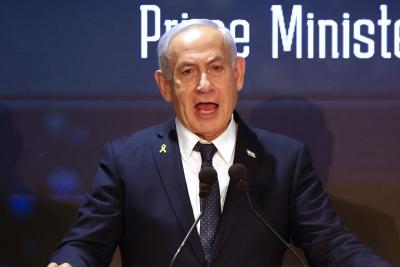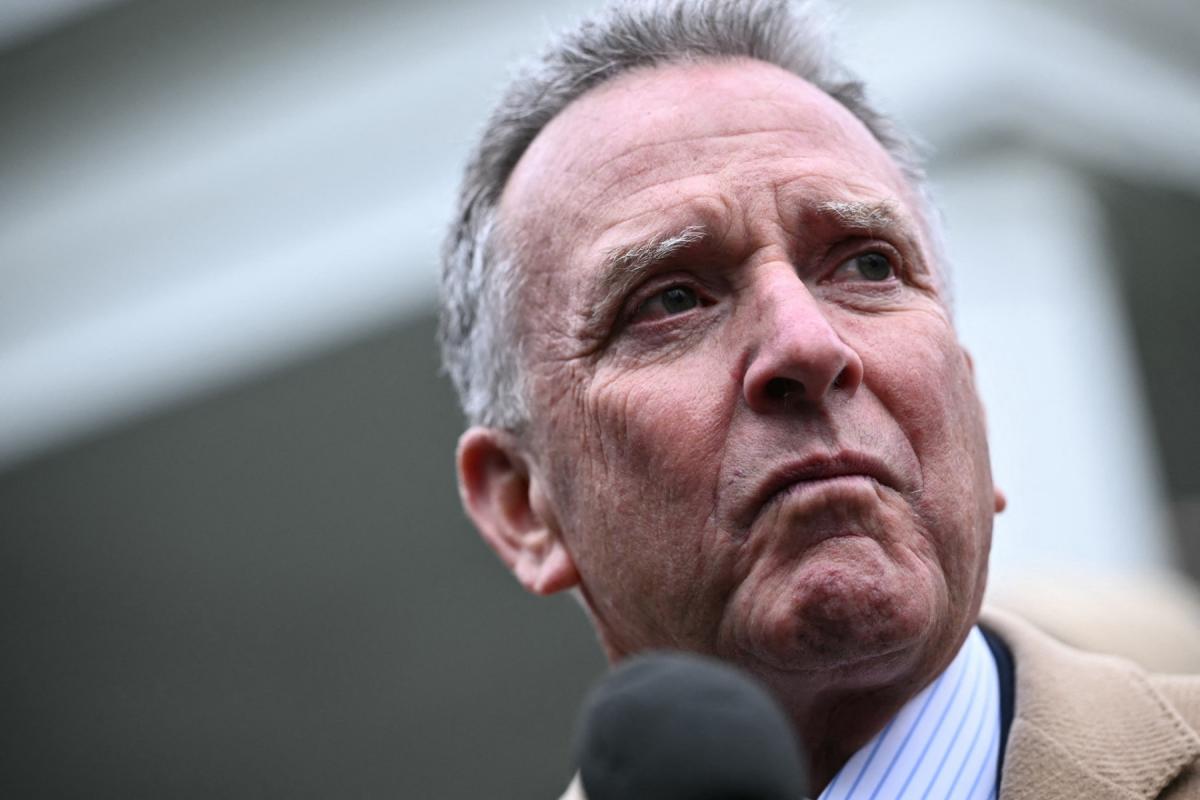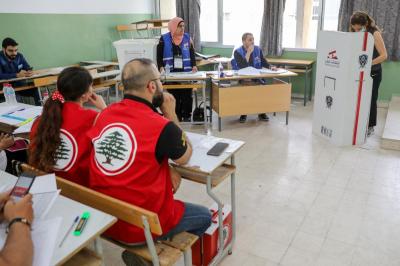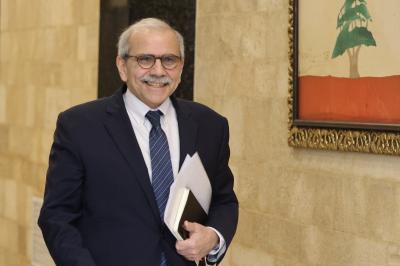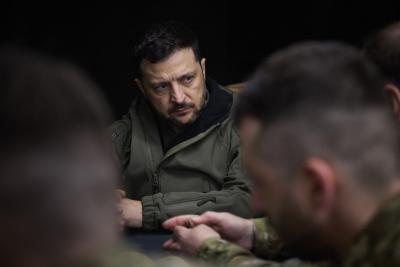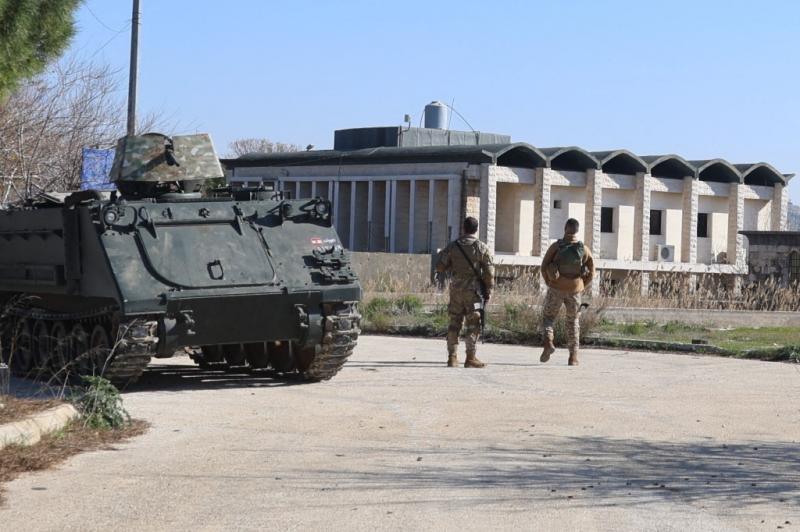It took only a few hours before the office of U.S. Middle East envoy Steve Whitcoff issued a clarification regarding his statements on Lebanon, reaffirming support for President Joseph Aoun and Prime Minister Nawaf Salam. The discrepancy between what was initially reported and his later clarification was not so significant. Whitcoff stated that his administration was “dissatisfied with Lebanese officials’ handling of Hezbollah” and rejected their approach of circumvention and compromise, which is failing to achieve the desired outcome. He revealed that Lebanon had been requested to “engage in direct political negotiations with Israel and appoint a civilian figure to lead this mission.” He further asserted that Lebanon must pursue a peaceful path soon and suggested that Presidents Aoun and Salam have the opportunity to facilitate this process. He linked the reconstruction efforts and the return of displaced residents in southern Lebanon to the condition of engaging in direct negotiations.
Whitcoff issued a veiled threat, making it clear that Israel would not withdraw from the areas it still occupies or address border disputes unless negotiations took place. His remarks carried a tone of coercion, tying together Israeli withdrawal, reconstruction, and the disarmament of Hezbollah. Later, his office released a statement that did not refute the substance of his earlier remarks but rather reinforced them. The statement explicitly supported “the Lebanese government under President Joseph Aoun and Prime Minister Nawaf Salam in their efforts to assert state sovereignty across Lebanon, implement reforms, strengthen state institutions, and respond to the people’s demands.”
Between the lines of both Whitcoff’s statements and his subsequent clarification lies the core of the U.S. demand: Lebanon must engage in direct political negotiations with Israel. Lebanon has been officially informed that the United States expects Lebanon to form a civilian delegation separate from the military team currently engaged in UN-mediated talks in Naqoura. The American request leaves no room for mediators or UN involvement, signaling Washington’s shift away from indirect diplomacy and its intent to impose its demands directly.
Reports indicate that Lebanon is preparing an official response to the U.S. offer. This response reportedly emphasizes Lebanon’s commitment to implementing UN Resolution 1701—on the condition that Israel withdraws from all remaining occupied areas. However, Lebanon’s diplomatic approach appears weak, characterized by contradictions between the government and its foreign minister. The country finds itself in a position of limited power, wary of the consequences of rejecting the U.S. offer, particularly the risk that Israel may delay its withdrawal and continue its aggression.
Given the recent escalation in Gaza, where Israel waged a new war that resulted in the deaths of hundreds of Palestinians with no significant international intervention, fears are mounting that Israel could extend such aggression beyond southern Lebanon—potentially targeting areas like Beirut’s southern suburbs—under the pretext of striking Hezbollah’s arsenal.
A Calculated Leak?
Some diplomatic analysts suggest that the initial report on Whitcoff’s remarks was not a coincidence. In the world of diplomacy, every word has a purpose. The leak could be interpreted as a warning to the Lebanese government and political leadership about the consequences of rejecting the U.S. proposal. The subsequent clarification did not negate the demands tied to reconstruction, the disarmament of Hezbollah, or direct political negotiations with Israel. Instead, it reinforced Washington’s confidence that Lebanon would eventually comply.
However, the matter extends beyond Lebanon’s response, which is expected to be flexible—seeking to avoid outright rejection while insisting on Israeli withdrawal and the release of prisoners as a prelude to addressing other demands. The issue is also linked to the deadline set by former U.S. President Donald Trump for Iran to respond to his nuclear-related demands—a deadline that could also apply to Lebanon and the Houthis in Yemen. The broader picture suggests that, after this deadline, the U.S. will push forward with its broader regional agenda, including normalization efforts and the upcoming Saudi-hosted conference on a two-state solution for Palestine.
Back in Lebanon, serious discussions have begun on this sensitive issue. President Aoun maintains that any decision on the matter requires national consensus and coordination with Parliament Speaker Nabih Berri and Prime Minister Nawaf Salam to formulate a unified response and determine the next steps.
The question of diplomatic negotiations is expected to soon become a subject of serious and public debate. The approach under consideration appears to involve maneuvering around U.S. demands—insisting first on Israel’s withdrawal while appointing non-diplomatic figures to engage in talks on Lebanon’s behalf.
Regardless of how Whitcoff framed his statements or later walked them back, his remarks unveiled the realities of U.S. policy toward Lebanon. The pressure on Beirut to take concrete steps regarding Hezbollah is clear. President Aoun opposes such measures, while Salam appears more open to them, already demonstrating his stance by visiting the south without coordinating with Hezbollah and later stating during a meeting with MP Nadim Gemayel that “the issue of disarming illegal groups is progressing as planned, given that aid and reconstruction are directly tied to this matter.”
Hezbollah’s Response
As for Hezbollah, its reaction remains measured. Beyond its steadfast opposition to normalization with Israel or any Lebanese discussion on the matter, the party has adopted a largely passive stance. Internally, it continues to focus on its own priorities, refraining from military actions while allowing Lebanese diplomacy to play out. Hezbollah seems to acknowledge that the geopolitical landscape has shifted, and the balance of power is no longer in its favor. For now, its strategy appears to be one of waiting.
 French
French

